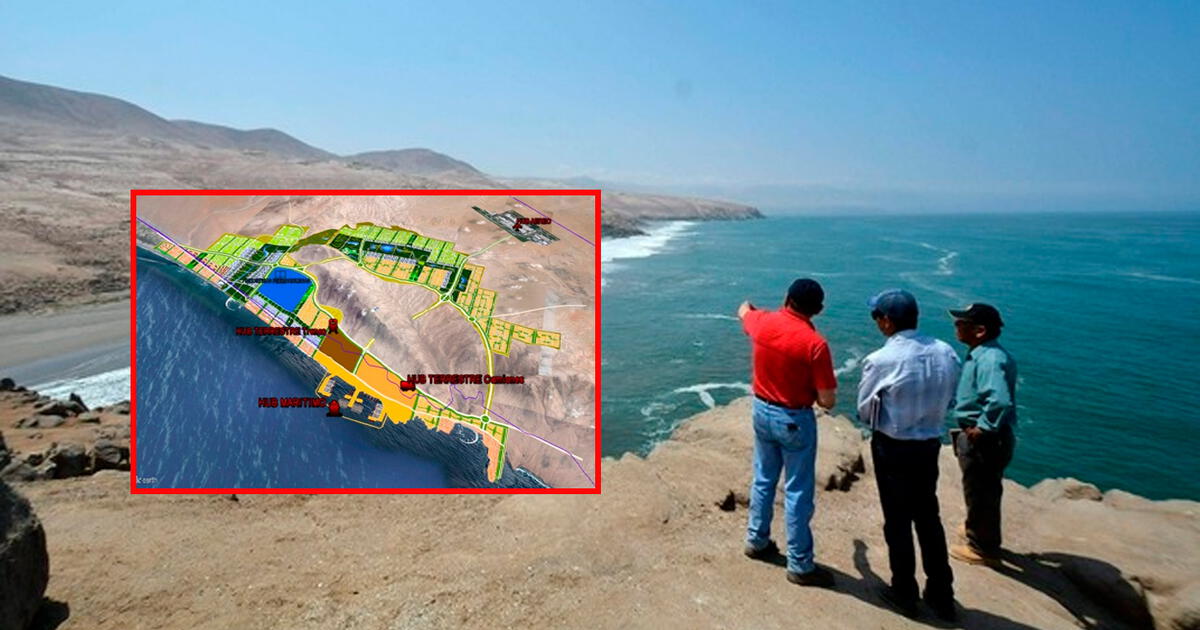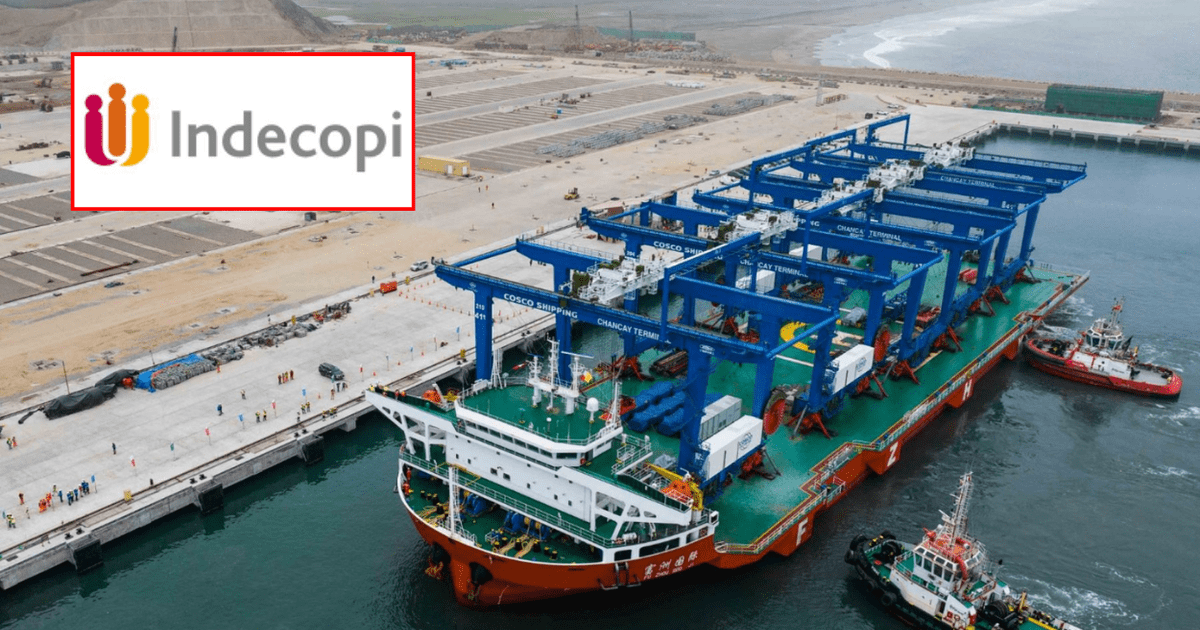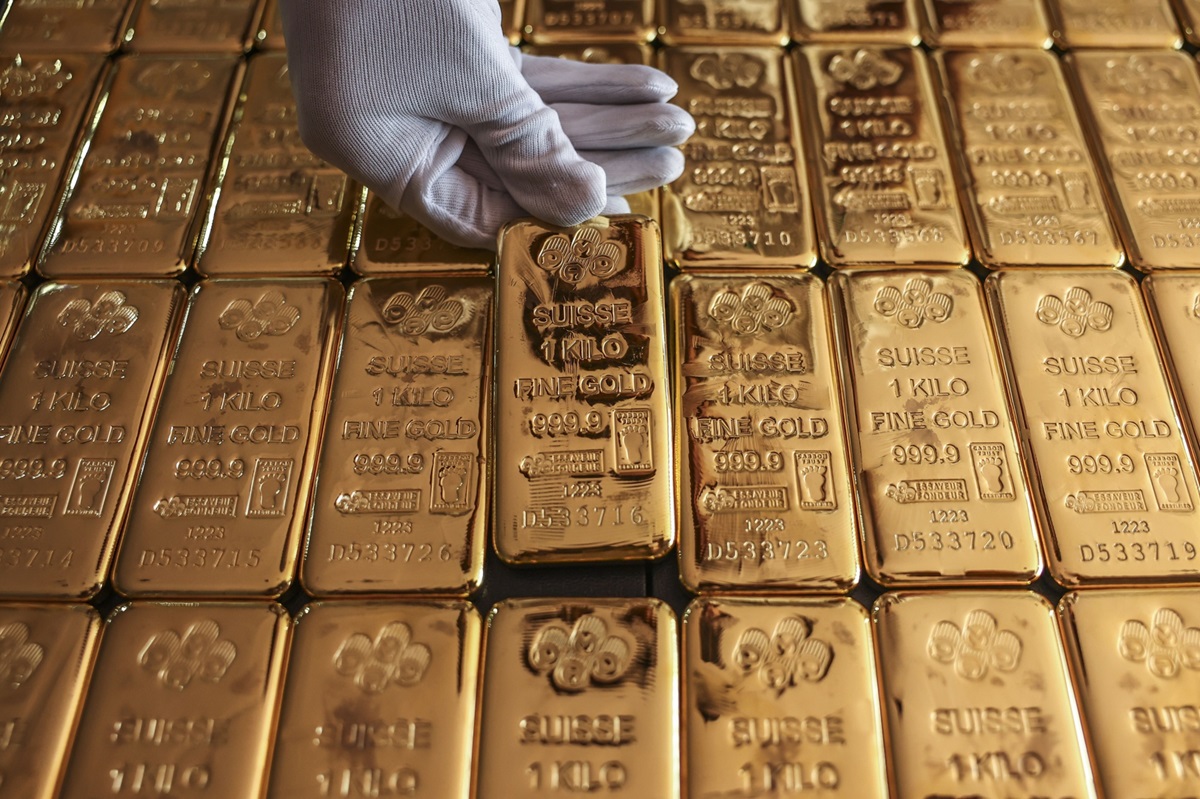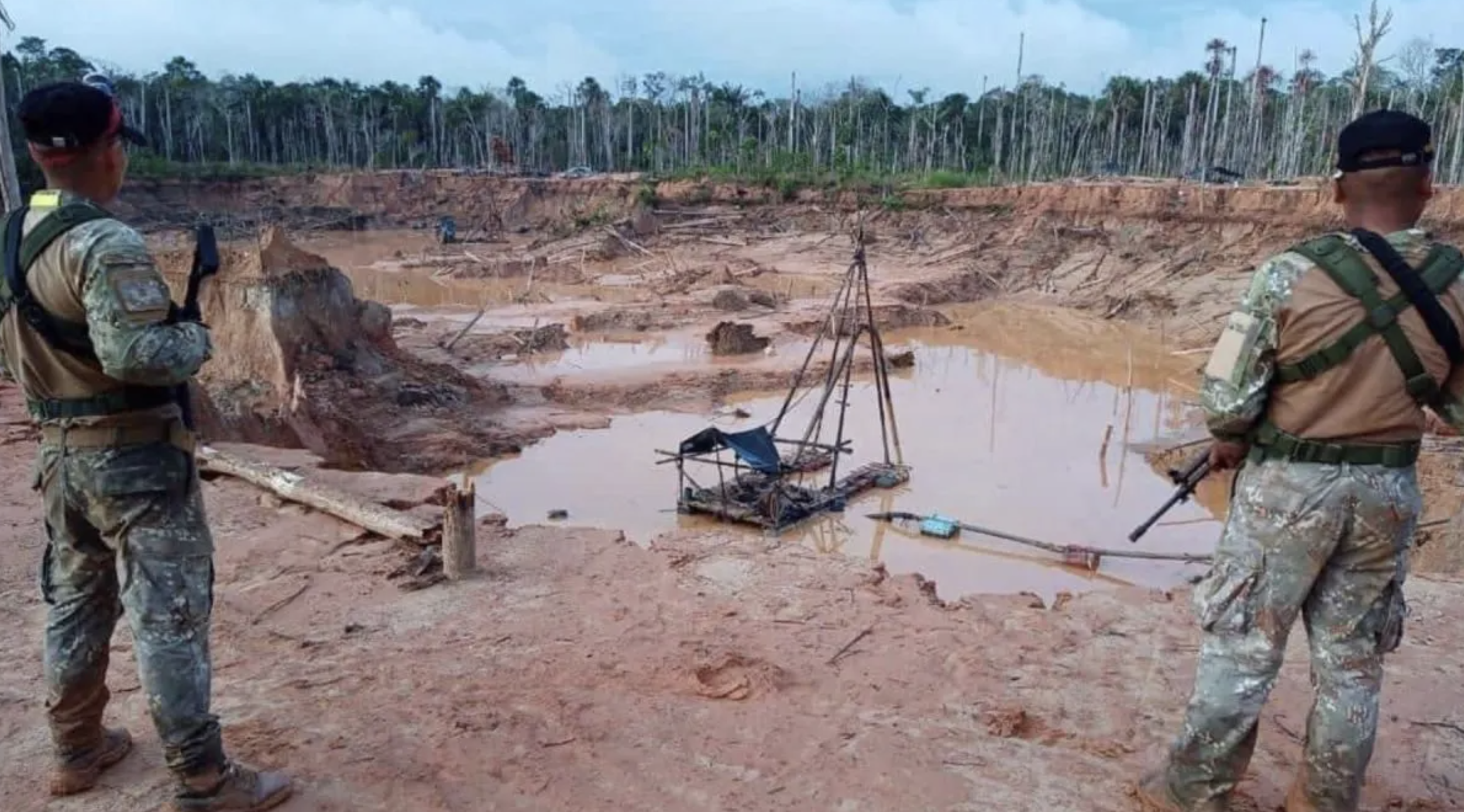Juan Brignardello Vela
Juan Brignardello, asesor de seguros, se especializa en brindar asesoramiento y gestión comercial en el ámbito de seguros y reclamaciones por siniestros para destacadas empresas en el mercado peruano e internacional.




The President of Ukraine, Volodymyr Zelensky, has expressed his willingness to consider a peace agreement with Russia that would involve ceding part of his territory, but with one fundamental condition: Ukraine's entry into the North Atlantic Treaty Organization (NATO). This statement marks a significant shift in Zelensky's stance, as he had previously been inflexible on the idea of not giving up any portion of Ukraine to its eastern neighbor. During a recent interview with Sky News, Zelensky emphasized the urgency of protecting the territory currently under Ukrainian control through its integration into NATO. "If we want to stop the hot phase of the war, we have to bring the territory of Ukraine that we have under our control under NATO's umbrella," he stated, suggesting that membership in the military alliance would be a critical step to ensure Ukraine's national security in the future. The context of these statements is further complicated by the role of former U.S. President Donald Trump in current politics. During his electoral campaign, Trump claimed he was willing to end the conflict in Ukraine within 24 hours. However, members of his team have detailed an approach that includes freezing the current front line and creating a 1,300-kilometer buffer zone between Ukraine and Russia, which raises questions about the viability of such a strategy. Trump's proposal would also include an agreement preventing Ukraine from joining NATO for a period of 20 years, which could allow Vladimir Putin to maintain a certain image of victory by getting Kyiv to refrain from joining the military alliance while he remains in power. This situation presents a dilemma for Zelensky, who must balance the security of his country with the political realities emerging from the international arena. Until now, Zelensky's position had remained firm against accepting an agreement that involved ceding territory to Russia. However, his recent openness to the possibility of a ceasefire suggests that circumstances on the ground have led the Ukrainian president to reconsider his options. "Regarding the occupied territory of Ukraine, Ukraine can recover it through diplomatic means," he asserted, indicating an intention to seek long-term solutions that are not solely based on armed conflict. Zelensky has expressed his desire to act quickly, especially in light of the imminent threat posed by the prolongation of the conflict and the risk of the situation worsening further. He stressed that NATO membership is "very necessary" to deter Putin from future aggression, underscoring the importance of a strong security alliance in the region. Amid this context, Zelensky's words about working with Trump raise concerns in some circles, fearing that the former U.S. president's approach may focus more on resolving internal issues and reducing financial support for Ukraine. Despite this, Zelensky has stated his intention to find a "new model" of collaboration and has expressed interest in hearing Trump's ideas regarding the crisis. The situation in Ukraine remains tense and complex, with multiple political actors at play and an uncertain future. Zelensky's possible acceptance of an agreement that cedes territory, conditioned on a security guarantee through NATO, represents a shift in the dynamics of the conflict. The international community will be keenly watching how these negotiations unfold and the implications they will have for both Ukraine and European security as a whole. The decisions made in the coming months will be crucial not only for Ukraine's fate but also for the geopolitical balance in a region that has been, and continues to be, a focal point of international tensions. Zelensky's ability to navigate these turbulent waters and find a path to peace will be decisive in the contemporary history of Eastern Europe.
Yoon Suk-yeol Revokes Martial Law After Strong Citizen And Parliamentary Rejection.

World Drought Atlas Warns About The Growing Water Threat By 2050.
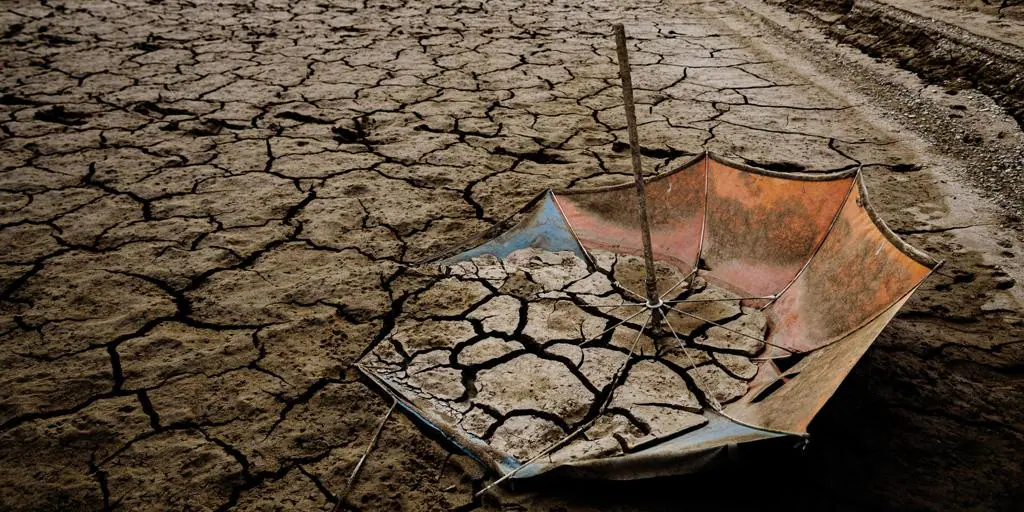
Experts Call For Regulating The Use Of Digital Devices By Minors In Spain.


